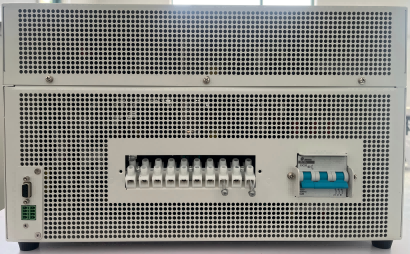electronic component testing
Electronic component testing is a critical process in the electronics manufacturing industry that ensures the reliability, functionality, and quality of various electronic parts and assemblies. This comprehensive testing procedure encompasses multiple stages, from incoming inspection to final quality assurance, utilizing sophisticated testing equipment and methodologies. The process involves both automated and manual testing procedures, including parametric testing, functional testing, and environmental stress screening. Modern electronic component testing systems incorporate advanced features such as automated test pattern generation, fault diagnosis, and real-time data analysis. These systems can perform thousands of tests per second, measuring electrical parameters such as voltage, current, resistance, capacitance, and inductance. The applications of electronic component testing span across numerous industries, including aerospace, automotive, consumer electronics, medical devices, and telecommunications. This testing process is essential for identifying potential defects, ensuring compliance with industry standards, and maintaining product quality throughout the manufacturing cycle.




